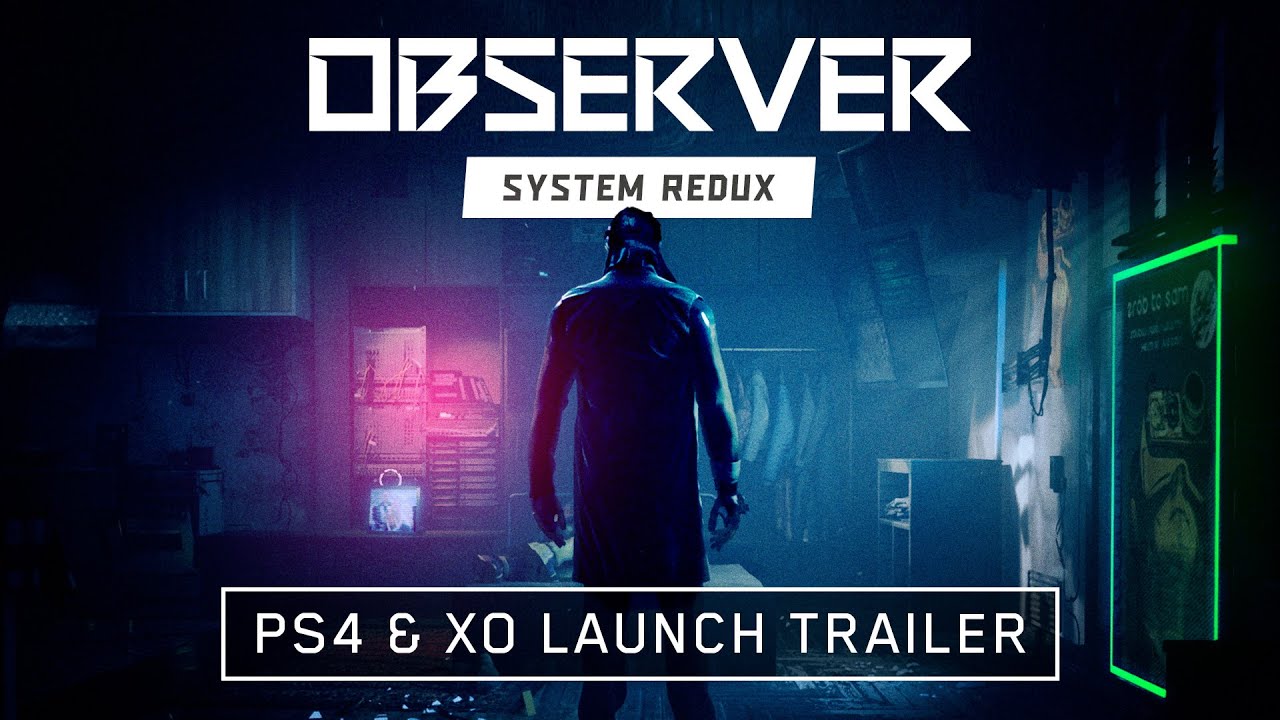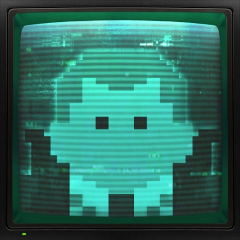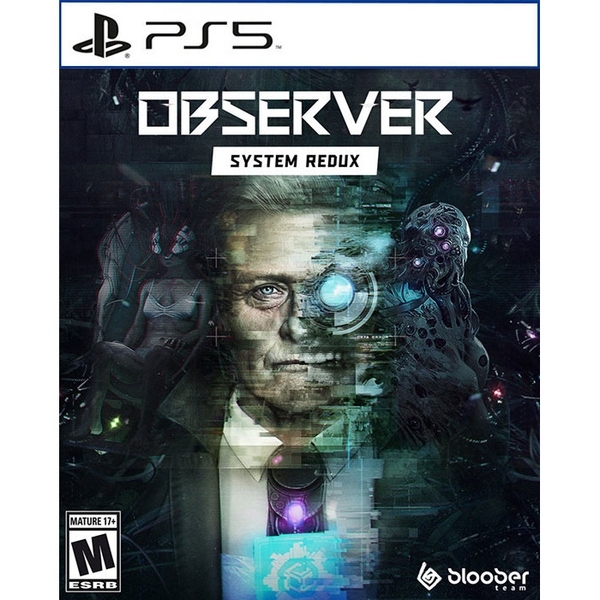

The rose is lying on a gravestone one can find before meeting the mutant. It is located in the woods, where one gets after passing the tattoo parlor.

The rose is in the top room, behind a metal gate. The third rose can be found soon after beginning the exploration of the attic when one is following the trail of the murderer.The second rose is attached to a wall of one of the narrow corridors on the second floor.The first rose can be found at the bottom of one of the staircases (the one closer to Adam's apartment) near the blocked entrance to the basement, under the stairs.The next two roses have to be acquired in the order presented below (first the one from the attic, and then the one from the murderer's mind hacking sequence). The first two roses can be acquired in any order, however, do it before going to the attic (after that it is impossible to return to the main part of the building). Use the instructions below to find all of them. An exemplary rose can be seen in the picture above. While fans of the original will likely be overjoyed to see how the experience improved, it’s more an interesting premise than a must-play experience.Unlocking: Find all the roses and discover the final resting place.Ĭommentary: To unlock this trophy, you have to find four roses during the game. The detective stuff is fun, in a more complicated and thoughtful look and find kind of way, but it only goes so far. Larzarski is a gruff cop that has a lot of details that lead to interesting places but nothing that really stands out. Observer: System Redux struggles at the most important thing, hooking players. While I personally didn’t care for it, using it as a direct way to communicate with the player does make the calls feel a bit more personal. I could not find the option to disable it and some people might find it annoying.

It seems small but fleshing out the world gives it a more realistic feel that makes it easier to get immersed and enjoy.Īs a mixed feature, Observer: System Redux is one of the very few games that make use of the speaking in PlayStation controllers. In regards to experience, the differences between the original Observer and Observer: System Redux show a clear jump in quality that fans and newcomers will enjoy. These are all things the various sensors will inform you and after this, it’s simply repeating the action, though it can be tedious. Larzarski also needs to check out the scratches on the victim’s body or their removed head to fully examine them. There can also be overlapping clues, small details, and other little things that can make the experience feel tedious.įor example, looking at the body is not enough. Often times they’ll be visible and you didn’t get close enough, hit the right button or something equally minor that adds to the time. Likewise, this does make each case feel like a checklist of items you need to find. With these resources, players can uncover a number of secrets, hidden objects, and more. Scanning and detecting organic material, obtaining information through various resources, and being able to see tech. Larzarski has a number of sensors, which can be used for a number of things. Improved visuals that increase immersionĮven though Observer: System Redux is largely a point-and-click adventure game, it relies on players using their own powers of observation. Assuming you have the skills to get there. While the adventure leads to a dark conclusion, there are a good number of twists to uncover along the way. It seems she was working with Adam to steal data from Chiron, a fictional megacorporation that took over their country of Poland, for reasons that Larzarski needs to find. Larzarski decides to track down his son and instead of finding his blood, he finds the remains of a Helena Nowak. This is a man who had seen better days, until he hears from his estranged son, Adam. Observer: System Redux throws us into the broken world of detective Daniel Lazarski.

While this is the concept that makes something like Observer: System Redux a great way to bring these questions forward, is it an experience that can do that, or does it fall short? What ultimately comes of these things is anyone’s guess but it makes experiences like Observer far more poignant experience, even now with our world drawing lines in the sand over issues like vaccinations and questioning the possibility of something like COVID-19. What was once the subject of concerns in the future, like George Orwell’s iconic Nineteen Eighty-Four: A Novel, is one that could very realistically happen. Recently cyberpunk and things around similar concepts have become a major talking point.


 0 kommentar(er)
0 kommentar(er)
